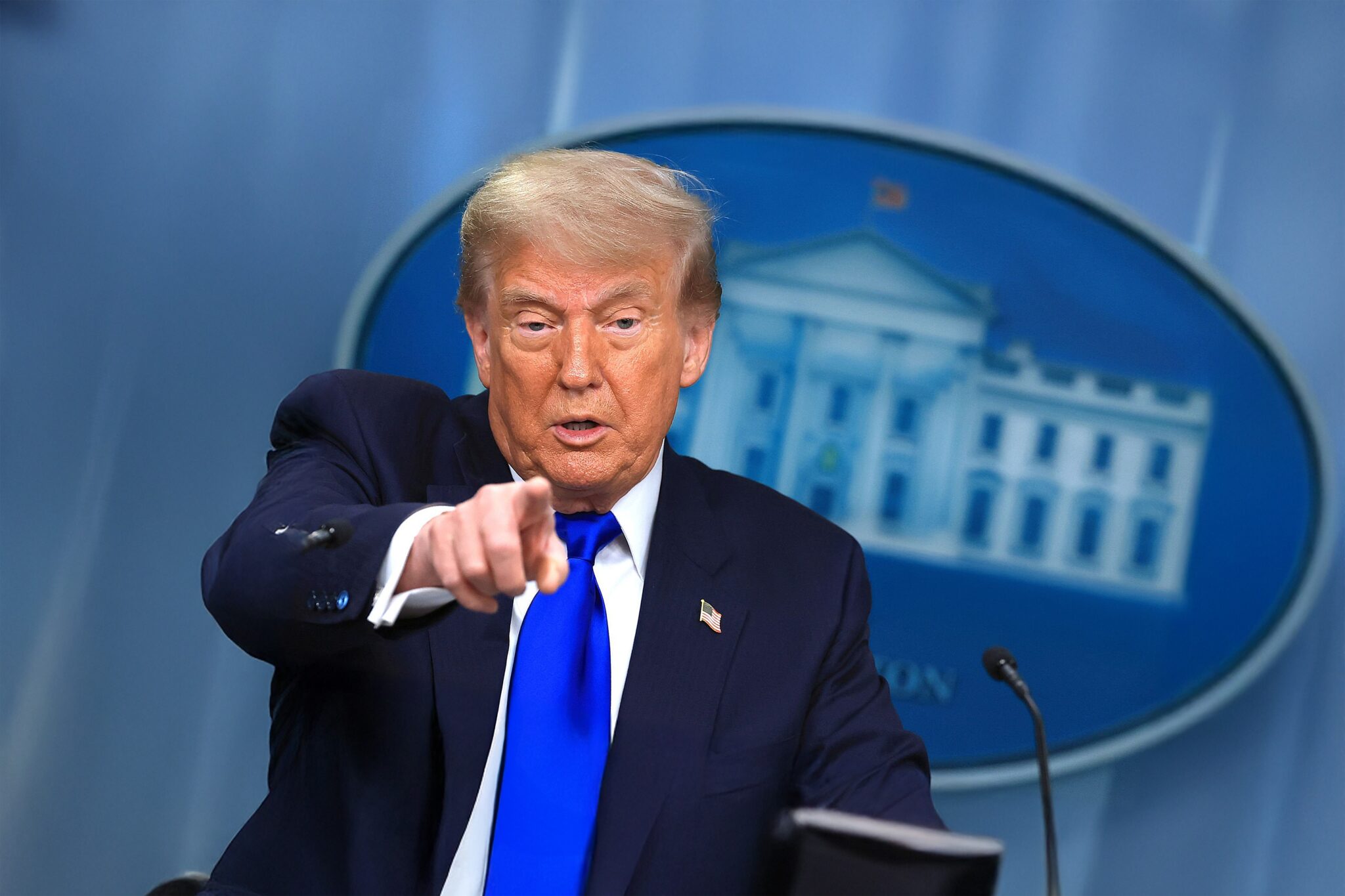Trump’s Pick Power Under Fire

Senator Mike Lee’s staunch defense of President Trump’s right to choose his own administration has reignited fierce debates in Washington over executive authority, Senate oversight, and the future of federal appointments.
Key Points
- Sen. Mike Lee asserts President Trump’s prerogative to select his own executive branch staff amid contentious Senate confirmation hearings.
- Lee’s statements come as several Trump nominees face narrow committee votes and partisan resistance in the Senate.
- The dispute underscores persistent tensions between executive authority and legislative oversight, amplified by Lee’s history of provocative commentary.
- Confirmation battles threaten to delay federal agency leadership, with wider consequences for agency operations and public confidence in government.
Lee Champions Executive Authority as Senate Confirmation Battles Intensify
Senator Mike Lee (R-UT) has emerged as one of President Donald Trump’s most vocal defenders during the latest round of Senate confirmation hearings for key federal positions. In July 2025, as the Senate committees held hearings on Trump’s nominees for the Department of the Interior and Department of Energy, Lee publicly declared, “President Trump deserves to pick the people working for him,” framing his comments as a defense of executive prerogative. His remarks coincided with contentious committee votes and heightened partisan tensions, as several nominees faced stiff opposition from Senate Democrats and some moderates within the GOP.
My bill restores the President’s ability to choose acting US Attorneys.
Judges shouldn’t be able to pick who argues cases before them, just as the White House can’t name their law clerks.
It’s time we restored this prerogative to the leader of the Executive Branch. https://t.co/DqjH0fauod
— Mike Lee (@SenMikeLee) July 31, 2025
The Senate narrowly approved Lanny Erdos as director of the Office of Surface Mining Reclamation and Enforcement by an 11-9 vote, reflecting just how divided the chamber remains on Trump’s personnel selections. The current climate is marked by a razor-thin partisan split in the Senate, amplifying the stakes of each confirmation and intensifying scrutiny of the president’s choices. Lee’s comments have become a rallying point for conservatives who believe the president’s mandate includes the right to install trusted advisers and shape agency leadership according to his policy vision.
Watch: Mike Lee Blasts Dems Over Efforts To ‘Stall And Delay’ Top Trump Administration Nominees
Lee’s Track Record and Fallout Among Allies and Critics
Senator Lee’s support for Trump’s authority is consistent with his longstanding advocacy for strong executive powers. He previously aligned himself with Trump during the aftermath of the 2020 election and has not shied away from controversy, including making religious analogies that drew criticism from both political and religious quarters. This latest episode has further strained Lee’s relationships, particularly with leaders of The Church of Jesus Christ of Latter-day Saints, who reportedly discussed how his rhetoric and public conduct reflect on the church’s public image. Democratic senators, including Tina Smith and Amy Klobuchar, have publicly rebuked Lee for what they describe as inflammatory and divisive language—both in the context of appointments and on unrelated social media posts.
Despite the backlash, Lee has doubled down on his position, accusing opponents of engaging in partisan obstruction and disregarding the president’s constitutional prerogatives. These dynamics have played out against a backdrop of historical inter-branch tension over appointments, but the current climate is especially volatile given the recent memory of high turnover and instability in Trump’s first term.
Implications for Federal Agencies and Broader Governance
Beyond the political theatrics, the confirmation battles have real consequences for the operation of federal agencies. Leadership vacancies or delays in appointments can stall critical regulatory actions, especially in sectors like energy and mining that rely on timely decision-making from agencies such as the Department of the Interior. Political scientists and institutional experts warn that prolonged disputes over appointments risk undermining public confidence in the ability of government to function effectively. The Brookings Institution has documented the unprecedented turnover rate in Trump’s administration, with a 92% “A Team” turnover by early 2021, raising questions about continuity and the long-term effects of persistent personnel upheaval.
